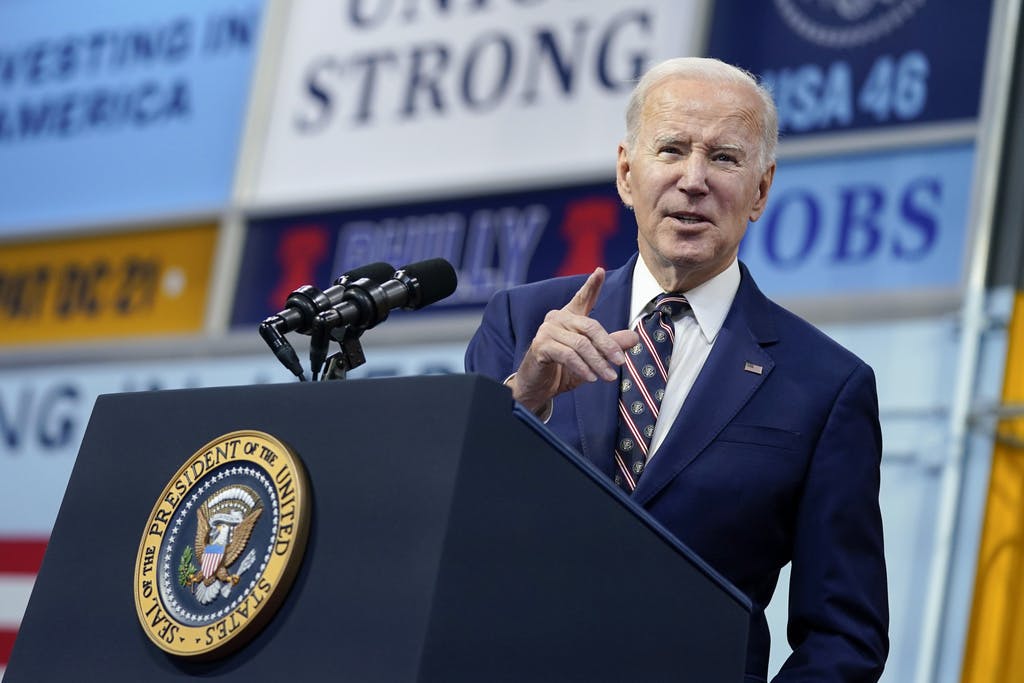The Federal Budget Process Is Broken, as Congress Refuses To Follow Its Own Rules
The difficulty is that legislators are both the referees and the players in the budget game.

It’s common knowledge among budget experts that the budget process is “broken.” Anyone who regularly reads this column knows about debt limits, government shutdowns, out-of-control spending and borrowing … the list goes on.
Well, part of the problem is that almost 50 years since the last budget process reform, it needs a serious update. However, when we do that, let’s not miss the elephant in the room: Things would work much better if Congress agreed to follow its own rules.
This has serious implications for those of us pressing for budget process reform. Indeed, the success of any new budgeting approach will depend on Congress’s willingness to stick to it. If legislators choose to sidestep or ignore it, even the most well-crafted new set of budgetary rules will fail.
Ponder our current situation. The 1974 Congressional Budget and Impoundment Control Act put in place a process where each year Congress must appropriate discretionary spending — a category that includes education, defense, and more — but does not appropriate mandatory spending on programs like Social Security, Medicare, and Medicaid.
At that time, most of the budget was discretionary. Today, only 27 percent of the budget is discretionary, and 73 percent of the spending is mandatory and debt service. One result is that only a small share is under annual congressional control, and in most years, the largest share of the budget grows without much supervision. This situation should change for sure.
Yet that brings us back to the deeper problem of members of Congress refusing to do their job and follow existing budgeting rules.
It’s best illustrated by a stat provided in 2019 by Brookings Institution scholar William Gale: Since Congress designed and implemented the last budget process in 1974, only on four occasions have all of the appropriations bills for discretionary spending been passed on time.
In other words, legislators on the right, left, and center have, from the moment the new process was in place, violated their own budgeting rules without suffering any negative consequences.
Indeed, for years we have witnessed numerous instances of this. Congress has, among other indiscretions, waived budget points of order, circumvented spending caps, and used budget reconciliation to bypass the traditional legislative process. This has caused the budgeting process to be more reactive, ad hoc, and in many cases, chaotically last-minute in preventing government shutdowns.
So, it’s fair to ask: Is the real problem a budgeting process that’s actually broken or a Congress that doesn’t want to do its core job? Sure, let’s update the budget rules. Yet let’s also be honest. If Congress was embarrassed about its behavior or even inclined to follow the rules, we wouldn’t be in our current fiscal mess.
The difficulty, of course, is that legislators are both the referees and the players in the budget game. Convincing them to tie their own hands and follow the budget rules is hard.
It’s one thing for congressional leaders to convince their colleagues that a disciplined budget process is not merely a bureaucratic exercise but an essential tool for fiscal stewardship. It’s another thing to convince legislators to begin acting as such in the heat of a high-profile battle with their partisan opponents.
It requires a change in mindset or culture. Members of Congress must see budgeting rules as constraints rather than suggestions. This attitude shift will not happen overnight, but it can be encouraged by cultivating a culture of fiscal discipline and prudence.
Transparency can be a powerful tool. By making the budget process and its outcomes more visible to the public, legislators might feel more pressure to abide by the rules. After all, elected officials are ultimately accountable to their constituents, and a well-informed electorate can be a forceful motivator.
Because politics is downstream of culture, public engagement is also an effective way to ensure that Congress adheres to budgeting rules. The more the public understands the budget process, the better able voters are to hold their representatives accountable. Therefore, efforts should be made to demystify the budget process, making it accessible and understandable to the average citizen.
These changes would only scratch the surface of the complex challenge of ensuring Congress adheres to budgeting rules. Ultimately, it will require a combination of political will, public pressure, and institutional reform.
With the mounting fiscal challenges facing our nation, the importance of addressing this issue cannot be overstated. It’s time for Congress to take budgeting rules seriously by following them in the interest of fiscal health and economic stability.
Creators.com

